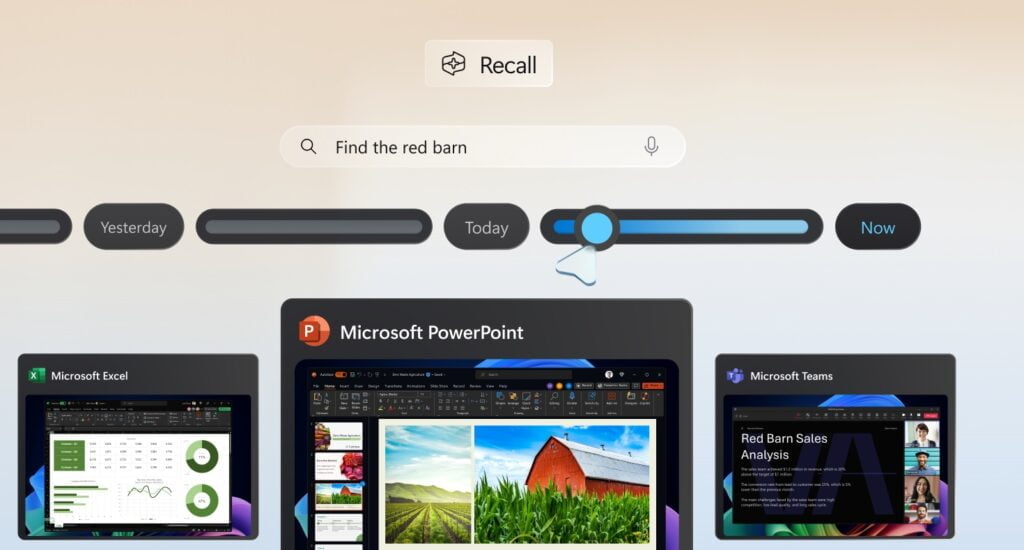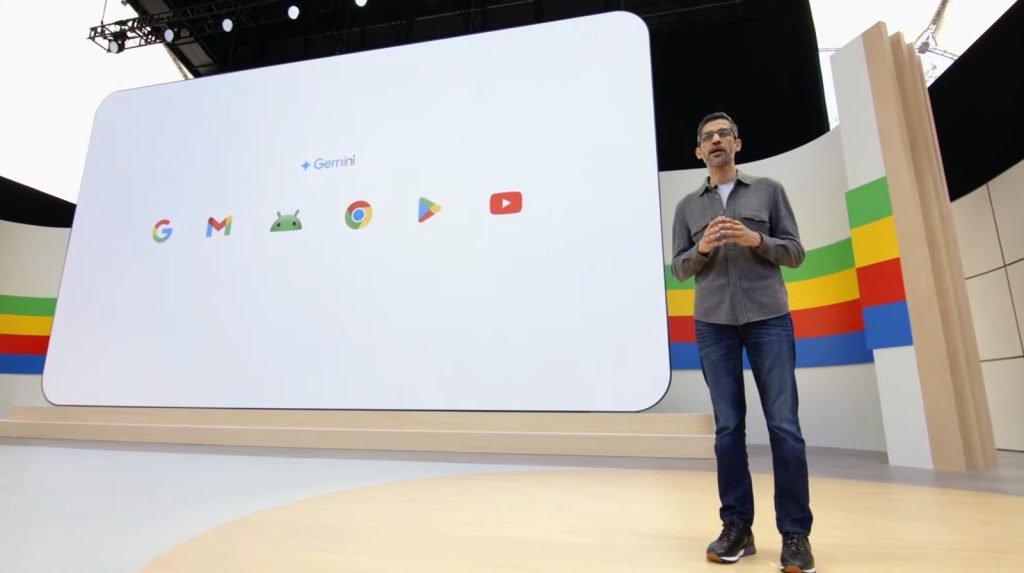Google Cloud CEO Thomas Kurian hailed the rise of generative artificial intelligence (AI) as being one of the most “profound technology shifts in history” during the opening keynote of the 2023 Google Cloud Next partner and customer conference.
This year’s event has seen the company open up about how its decision seven years ago to become an AI-first company is paying off now, as enterprise interest in generative AI technologies continues to grow.
Google CEO Sundar Pichai got the ball rolling on this with his opening remarks, where he emphasised the company’s commitment to investing in the “very best tooling, foundational models and infrastructure” to help support enterprises as they move to incorporate generative AI into their operations.
Shortly after, Kurian appeared on on stage and began to talk up how keenly Google’s take on generative AI is being adopted by the startup community, while also detailing the work it is doing to help its enterprise customers ready their IT infrastructure for generative AI workloads.
“We all know that we’re now in the midst of one of the most profound technology shifts in history,” said Kurian, before going on to claim that 70% of all generative AI “unicorns” are Google Cloud users.
Furthermore, the company also claims that more than half of all funded generative AI start-ups use Google Cloud.
“Generative AI…can create new content, such as text, images, code, speech or audio by learning the patterns and structures of existing data and generating new data with similar characteristics [and] our generative AI products are delivering real results in every single discipline.”
In support of these deployments, Kurian went on to detail a series of product updates and innovations the company is bringing to market to help enterprises realise their generative AI ambitions.
These include the emergence of a next-generation tensor processing unit (TPU), billed by the company as being its “most cost-efficient” and “scalable purpose-built” AI accelerator to-date, which will benefit customers because it means they can use it to run both large-scale AI training and inferencing.
The company is also rolling out updated virtual machines powered by new NVIDIA chips that it claims will speed up the time it takes enterprises to train their AI models.
On top of this, the company has also outlined its commitment to enabling enterprises to host generative AI workloads within their own datacentres and edge environments.
Google Cloud Next, which is taking place in San Francisco, has seen slew of high-profile enterprise companies set out how they are incorporating generative AI technologies into their digital transformation plans, including cosmetics giant The Estée Lauder Companies (ELC).
The ELC is long-standing Google Cloud user and announced how it plans to work with the public cloud giant to use generative AI to enable real-time monitoring of consumer feedback and sentiment towards its products so that it can amend its products and how they are marketed accordingly.
“Estee Lauder Companies uses generative AI to integrate the voice of the customer to drive product innovation and improve the shopping experience,” said Kurian, during the keynote.
“With generative AI, Estee Lauder Companies taps into social media and reviews to better understand evolving preferences across consumer groups. They leverage sentiment analysis to identify customer concerns and now they can respond quickly to new beauty trends and demand for new products.”
He added: “All of this is built with vertex AI, which helps further their goal of becoming the most inclusive beauty brand in the world.”
ELC has also outlined its commitment to using Google Cloud’s Vertex AI platform, which enables customers to build, deploy and scale machine learning models, to cut costs by finding ways to simplify its workflows and operations.
Consumer goods firm GE Appliances used the show to announce a generative AI-focused expansion of its long-standing technology tie-up with Google Cloud that will help customers take better care and get more use out of their kitchen and laundry appliances.
For example, the company is drawing on Google’s Vertex AI platform to create an app that will help customers create customer recipes based on the food they have in their kitchen, and it also has plans to create a conversational AI interface for consumers to use to find out more about how to use the appliances in their home.
“We’re in an entirely new era of cloud, fueled by generative AI,” added Kurian. “Our focus is on putting generative AI tools into the hands of everyone across the organisation – from IT, to operations, to security, to the board room.”
He added: “As the industry’s most open cloud, our goal is to help companies use AI and other cloud technologies to streamline their operations, increase productivity and create entirely new lines of business.”




